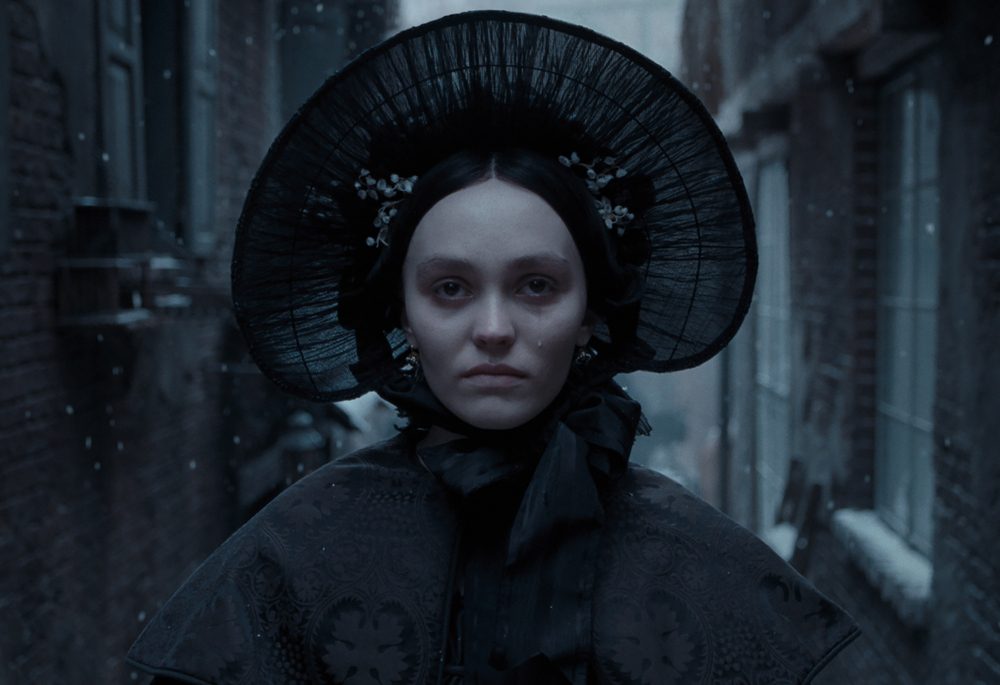Nosferatu

Lily-Rose Depp stars in NOSFERATU. (Photo: Focus Features)
An ambitious interpretation of the venerable gothic mythology, the latest big-screen adaptation of Nosferatu breathes new life into an oft-told nocturnal legend.
Deliberately paced but consistently unsettling, this retelling of the Dracula legend from director Robert Eggers (The Lighthouse) sidesteps jump scares and supernatural tropes in favor of slow-burning dread, although there are considerable moments of visceral terror.
Style tends to overwhelm substance along the way, even if it really sinks its teeth into the anguish, spirituality, and obsession that drives the central relationships.
It’s set in 19th century Germany, centering on young estate agent Thomas (Nicholas Hoult) and his wife, Ellen (Lily-Rose Depp), who has been plagued by nightmares since childhood.
“It portends something awful for us,” she reasons regarding her persistent communications with a macabre specter (guess who?) from beyond. And she’s right, of course.
Thomas lands a potentially lucrative opportunity to close a deal by securing an in-person signature from the reclusive Count Orlok (Bill Skarsgard), who lives in a remote Transylvanian castle. He ignores the red flags and jumps at the assignment.
Once the two meet, the film gradually reveals Orlok’s unique physical characteristics and mental abilities, as well as his occult ties. By the time Thomas connects the dots, it’s too late.
Meanwhile, Ellen begins experiencing more intense visions, as she shares with a friend (Emma Corrin) and her husband (Aaron Taylor-Johnson). They call in a doctor (Ralph Ineson), who summons an eccentric professor (Willem Dafoe) as Ellen’s condition approaches full-on demonic possession.
Cloaked in an atmosphere of pervasive gloom and despair, the film is sharply crafted throughout, with striking visuals, evocative period detail, and haunting imagery.
Once the titular shadowy figure appears, he commands such attention that the narrative momentum wanes whenever he and his unwitting protégé are not subsequently on screen.
The screenplay by Eggers — which claims to be inspired by both Bram Stoker’s text and the 1922 silent-film adaptation — engages in a bit too much misdirection while toggling fantasy and reality in an effort to illustrate the troubled minds of its characters.
Although it’s less successful in dissecting the corrupt social and spiritual fabric of its setting, Nosferatu resonates during a particularly creepy and intense final act. The film pays proper tribute to its source material while subverting expectations and charting a harrowing new course.
Rated R, 132 minutes.